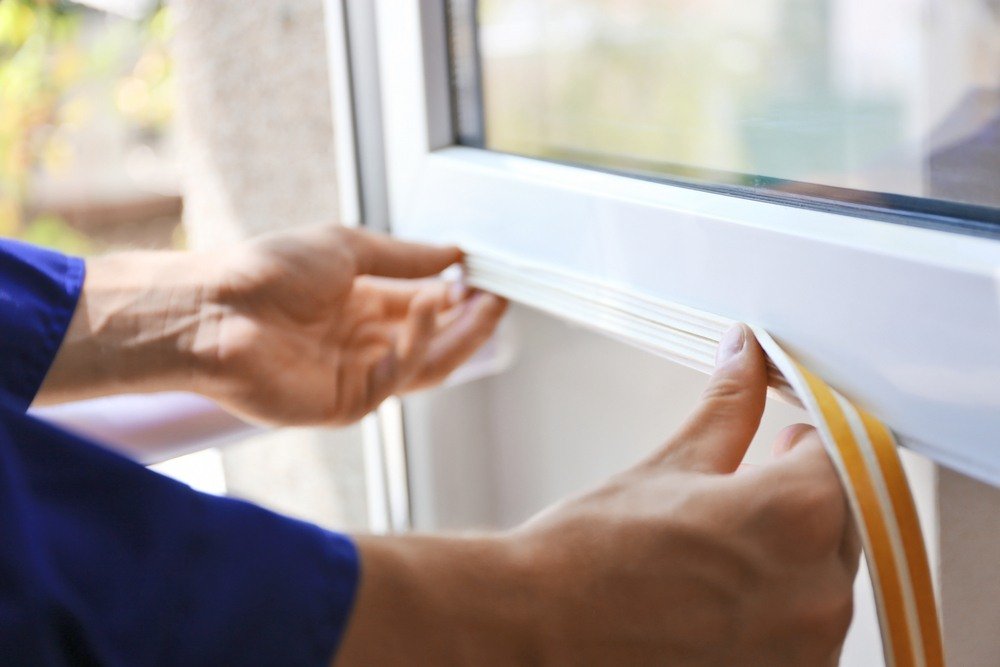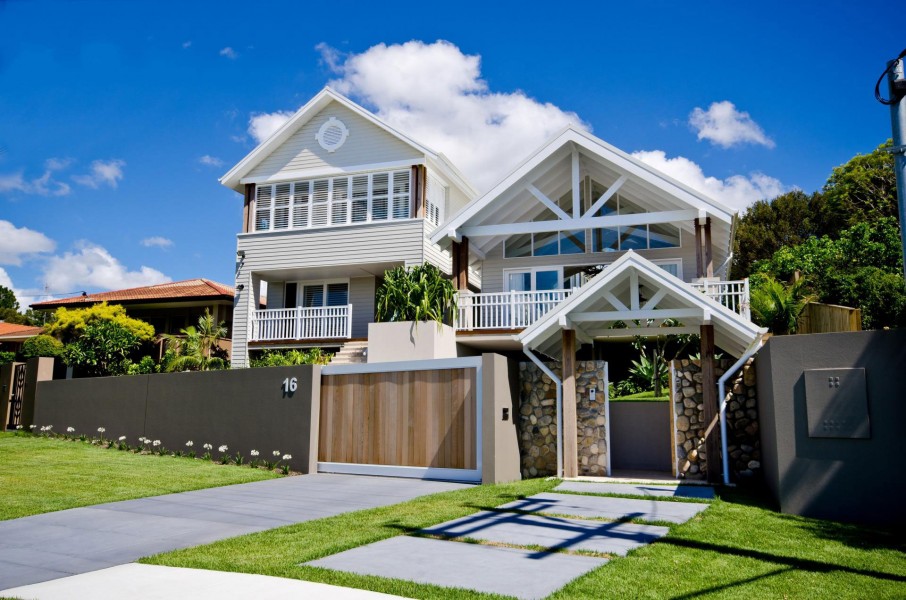Noise pollution can be a real problem for many homeowners. Constant loud sounds from traffic, neighbors, and even household appliances can make it difficult to relax and unwind in the comfort of your own home. Fortunately, there are steps you can take to reduce and control noise levels in your home. With the help of some simple techniques and tools, you can create a peaceful and quiet living space.
Acoustic Engineers and their role in Controlling Noise at Home
Acoustic engineers are experts in the science of sound and they can help you to understand and control noise in your home. They can conduct a detailed assessment of your home to identify the sources of noise and recommend solutions to reduce or eliminate them. They can also provide you with advice on how to use materials and design to improve the acoustics of your home, making it a more comfortable place to live.

Soundproofing Techniques
One of the most effective ways to control noise in your home is through soundproofing. There are several different techniques that can be used, including:
- Adding insulation to walls, floors, and ceilings: This can help to absorb sound and reduce the amount of noise that enters or leaves a room.
- Installing weatherstripping and door sweeps: These can help to seal gaps around doors and windows, preventing noise from entering your home.
- Using acoustic panels and sound-absorbing materials: These can be used to absorb sound and improve the acoustics of a room.
- Building a soundproof room: In some cases, building a separate soundproof room may be the best option. This can be used as a music room or home theater, or as a place to work if you need peace and quiet to focus.
Noise-reducing Appliances and Furniture
Another way to control noise at home is by using noise-reducing appliances and furniture. Some examples include:
- Noise-canceling headphones: These can be used to block out external noise, making it easier to focus or relax.
- White noise machines: These can create a background noise that can help to mask other sounds in your home.
- Soundproof curtains and rugs: These can help to absorb sound and reduce echo in a room.
- Furniture with built-in storage: This can be used to reduce echo and improve the acoustics of a room.

Tips for Reducing Noise from Neighbors
If noise from your neighbors is a problem, there are several things you can do to reduce it:
- Talk to your neighbors: In many cases, simply talking to your neighbors can help to resolve a noise problem.
- Install soundproof windows: These can help to block out noise from the outside.
- Use noise-canceling curtains: These can help to reduce noise from the outside.
- Invest in a white noise machine: This can help to mask noise from the outside.
Noise pollution can be a real problem for homeowners, but there are steps you can take to reduce and control noise levels in your home. With the help of some simple techniques and tools, you can create a peaceful and quiet living space.
Acoustic engineers can help you to understand and control noise in your home and provide you with advice on how to use materials and design to improve the acoustics of your home. From soundproofing techniques to noise-reducing appliances and furniture, there are many ways to control noise at home. With a little effort, you can create a comfortable and peaceful living space.








